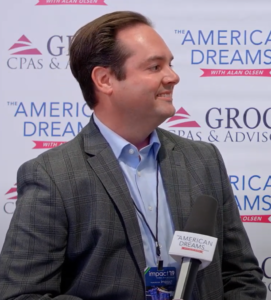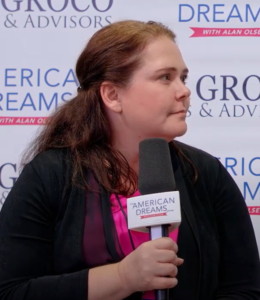Don’t Get Bit By Hidden Taxes in Retirement

Don’t Get Bit By Hidden Taxes in Retirement
Just about everyone hates taxes. They’re complicated and they often seem too high for moat taxpayers. Keeping track of the constantly changing laws and regulations can be unbearable for many, as well. So what about when you retire? Things will get a lot easier when you quit working, right? Not so fast. The fact is taxes in retirement might be even more complicated than while you’re working. For example,
• You may or may not be taxed on your Social Security benefits.
• Most withdrawals from a retirement plan come with federal income taxes, but state taxes depend on your location.
• Investment tax rates will also likely vary.
These are just a few of the things you will have to consider when you retire. So it’s best to be ready for them.
Social Security Taxes
How are Social Security taxes determined? It will depend on your combined income. Your combined income is determined by your adjusted gross income plus your non-taxable interest plus half of your Social Security benefit. Here’s how it plays out.
Single Filers
• If you have a combined income of less than $25,000 then you will not be taxed on your Social Security benefit.
• If your combined income is between $25,000 and $34,000 you could be taxed on as much as half of your SS benefits.
• If your combined income is more than $34,000 then as much as 85 percent of your SS benefits could be taxed.
Joint Filers
• Under $32,000 no tax• Between $32,000 and $44,000 up to 50 percent tax
• More than $44,000 up to 85 percent tax
To be clear you won’t lose this much of your benefit. The percentages are the amount of your benefit that will be taxed, at your regular income tax rate.
What About State Income Tax
There are 13 states that charge income tax on your social security benefits to a certain extent. There are seven states that don’t tax income, period. If you live in any of the other 30 states it will depend on several factors. Every state has different sales and property taxes, as well, so do your homework if you plan on moving in retirement.
Retirement Plan Distributions
For most retirement accounts the law requires you to start withdrawing money when you reach the age of 70½. These distributions are usually taxed at your normal tax rate. While this is not the case for everyone, for those who have saved a lot for retirement, even the minimum distribution could push them into a hire tax bracket. This could lead to an unexpected tax increase in retirement. For some, it might make sense to transfer some your IRA funds into a Roth IRA before you reach the age of 70.
Seek Help From the Pros
These are just a couple of the tax changes that can come with retirement that you should be aware of. As with any important tax decision, it’s always a good idea to meet with a tax professional and/or a financial planner to be sure you’re properly set up for the future. The fewer tax surprises you have in retirement the better.
For more updates follow GROCO on Facebook
Impact’19: Tom Kandris
About Tom Kandris Tom Kandris is a regional business leader from Northern California, and a serial entrepreneur and investor. Kandris spent the first half of his career entrenched in the semiconductor industry where he held domestic and overseas senior executive and board-level roles in major American, Japanese and European corporations. In 2000, Kandris cofounded PackageOne,…
Impact’19: Michael Beaudoin II
About Michael Beaudoin II Michael invests in early stage companies, on behalf of Mark IV Capital. Previously, Michael created and operated AT&T’s Aspire Accelerator; and served as a Vice President at JPMorgan Chase and Deutsche Bank. Michael graduated with an MBA from Pepperdine and undergraduate from Ball State University. Bio Source: sched.com Interview Transcript of:…
Impact ’19: Jan Geldermacher
Jan Geldermacher is President of Sprint Business. He joined the company in August 2016 and reports to CEO Michel Combes. Transcript of Impact’19: Jan Geldermacher: Alan Olsen: I’m visiting here today with Jan Geldmacher. And Jan is currently the President of Sprint, Jan Geldmacher: Business, Alan Olsen: Sprint Business and telecommunications. And, and…
Impact ’19: Stacy Lewis Daher
Stacy Lewis Daher is an experienced financial leader with a successful track record in asset management, finance, accounting, treasury, procurement, debt issuance and management, and financial planning roles at the University of San Francisco and PricewaterhouseCoopers. Transcript for Impact ’19: Stacy Lewis Daher: Alan Olsen: I’m visiting here today with Stacy Lewis. She’s…




